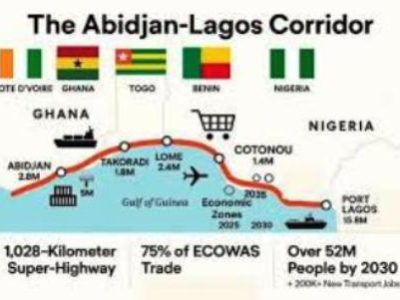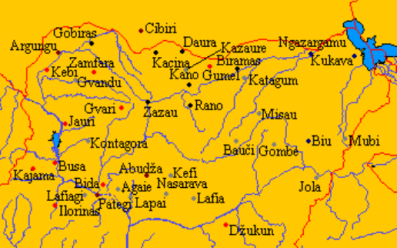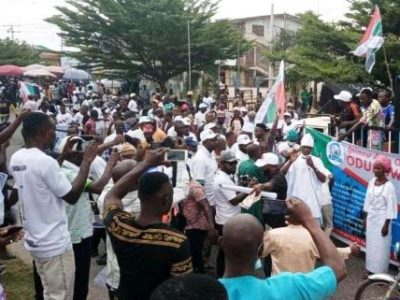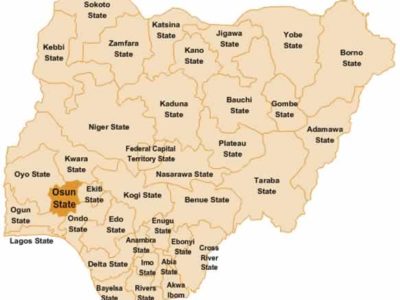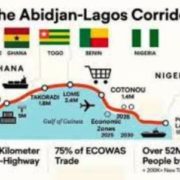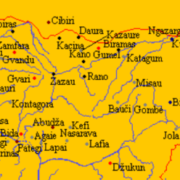By Caesar Keluro
In all just a few months, we came close to extinction as a race.
Just like the amnesia that has hobbled our heritage as makers; we have forgotten that for centuries it has always been the deliberate intent of viruses to wipe us out from the surface of the earth. The reason for this is difficult to comprehend. Centuries come and go; we haven’t built what it takes to cement our victory over viruses of whatever hues.
Let’s go down to our collective history. We were makers before the world became enmeshed in building ‘convenience technologies’ that remains quite impressive. But has had our world tumbled in response to COVID19 pandemic. A look at our history would bring to the fore stories of our survival. Our predecessors built the spear to survive the Hobbesian State of Nature. We didn’t just survive the vicious animals of the hills, we made food. But today what could be said of our response to food security? It remains shabby at best as 815 million of humans go to bed without any meal daily (United Nations Stats). A sore on our collective conscience.
It shows that our supply chain infrastructure is broken. Or better put, it shows that globalization that has brought millions out of poverty needs to be reworked. I think our world needs to take a critical look at globalization-our survival may rest on market forces that deliberately imbue nations with capacity to build essentials for the collective survival of the human race. It becomes pertinent to shift the concentration of our global supply chain housed in a few locations to regions. Will this be sufficient to help us survive? Maybe.Building regional capacity would be a good start. While nations need the capacity to handle black swans;market economics give global regions the capacity to make. This may be sufficient to help nations restart their journeys to make the essentials for livable communities.
It’s my hope that giving regions the knowledge, tools and technologiesto provide essentials would percolate down into all nation’s capacity to build.
But why do we need to make?
It’s because providing essentials is crucial to preserving the human race and advancing our world. I hope it’s not difficult to understand but critically appreciated in spite of the difference between preserving our ‘knowledge to make’ and ‘return on investment’. I think the investment case for making essentials should be peered through the lens of growing and preserving our capacity to not just survive but make it serve as an enabling infrastructure, for which we can build profitable ventures. For us to precede forward the notion of class/nation essentialism should be severely challenged-a perverse promotion of economic survival of the fittest cannot save our fragile world.
We need to take a look at a new construct-restorative interventionism. It’s a mechanism to give humans the capacity to survive a ‘new stone age’. It’s anti-dominance, anti-monopoly; a pro-knowledge sharing that is anchored on our collective will to help each other build out our ability to make essentials while we conveniently compete at the peripheral or core to advance new technology frontiers.
It should take us back to the construct of our DNA, where it’s encoded that we were made/evolved to make things-beautiful things. This has seen us overcome the vicious onslaught from nature and as a result imbued us with the capacity to take on new challenges as this new century unravels.
Recently, I had listened to the entrepreneurial journey of the founder of Adire Lounge (www.adirelounge.com), an African fashion house making beautiful fashion testament from Adire, a rich tapestry of the Yoruba people. While she has been able to build an exciting venture, she reminds us about the urgency and importance of making. By her sheer venture of making amazing fabric, she has preserved the cultural heritage of the Yoruba people like others in that space.Such thinking should be etched in the way we think.
As we begin a new decade we are faced with existential threats from climate change, hunger, new outbreak of vicious viruses and their likes. This should be driving the compelling need and urgency for all nations and institutions to take a critical look at making or helping nations build out the capacity to make. This is because of our collective future are intertwined. We will either make or die out. We will need to critically rethink the commoditization of manufacturing/supply chain ventures. A rethink may help us arrive at the understanding that ‘making’ is cultural and is deserving of our preservation even if the margins don’t make sense in ROI terms.
In all, we cannot make without sharing knowledge and constantly exercise our capacity in this regard. This should necessitate nation states and global institutions doing more than shoring innovations. We have to deliberately promote and support the building of things across all areas of human existence. We will have to collect this knowledge and share it via a global digital knowledge bank for making essentials. The opensource is a worth example of this paradigm shift.To what will constitute an essential will be to me what insures us against the virulent forces of this new decade.
The author Caesar Keluro, is the Founder of ‘Make In West Africa’, a Thinktank. He can be reached by email: [email protected], [email protected]

